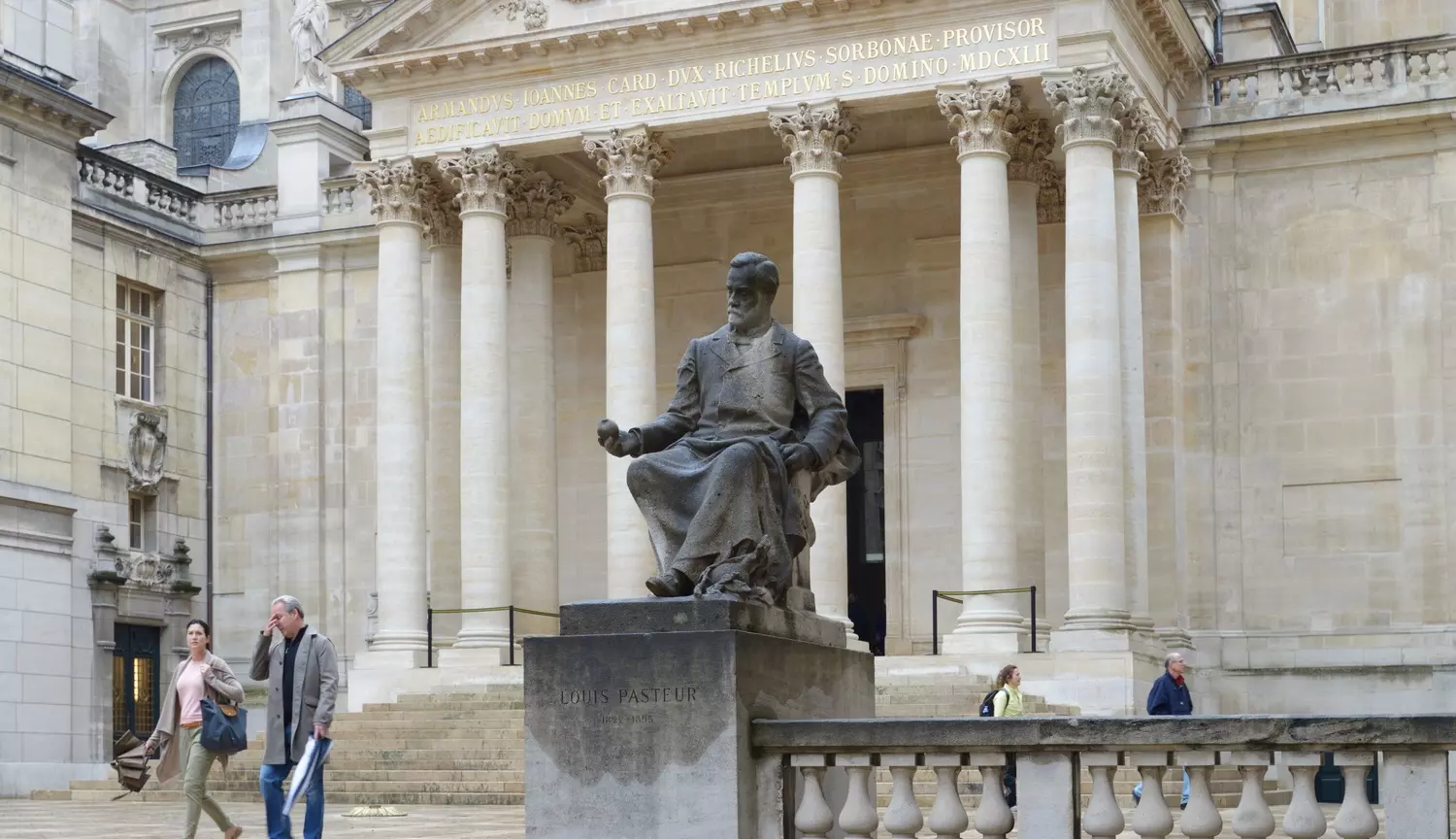[Originally published as Louis Pasteur]
Louis Pasteur, a French chemist and microbiologist, discovered the principles of vaccination, microbial fermentation, and pasteurization. He developed the first vaccines for rabies, diphtheria, and anthrax and is credited for disproving the doctrine of spontaneous generation—as entertained by Darwin.
Biographical Overview
Born in France, 1822-1895
Biologist and Chemist
Father of Microbiology
Associations
- Foreign Member of the Royal Society
- French Academy of Sciences
- Académie Nationale de Médecine
- Académie française
- Royal Netherlands Academy of Arts and Sciences
Awards
- Rumford Medal, 1856, 1892
- Copley Medal, 1874
- Albert Medal, 1882
- Leeuwenhoek Medal, 1895
- Montyon Prizes, 1859
- Jecker Prize, 1861
- Alhumbert Prize, 1862
Worldview
A biblical worldview perspective gave Pasteur the foundation and the freedom to use the scientific method of inquiry to investigate the laws of nature. Notably, this perspective motivated Pasteur to write:
A bit of science distances one from God, but much science nears one to Him.
“The more I study nature the more I stand amazed at the work of the Creator.”
Science brings one nearer to God.
“I pray while I am engaged at my work in the laboratory.”
Never will the doctrine of spontaneous generation recover from the mortal blow struck by this simple experiment.
“I see everywhere the inevitable expression of the Infinite in the world; through it the supernatural is at the bottom of every heart.”
These are the living springs of great thoughts and great actions. Everything grows clear in the reflections from the Infinite.
“Happy the man who bears within him a divinity, an ideal of beauty and obeys it; an ideal of art, an ideal of science, an ideal of country, and ideal of the virtues of the gospel”
Microscopic being must come into the world from parents similar to themselves…
“There is something in the depths of our souls which tells us that the world must be more than a mere combination of events.”






